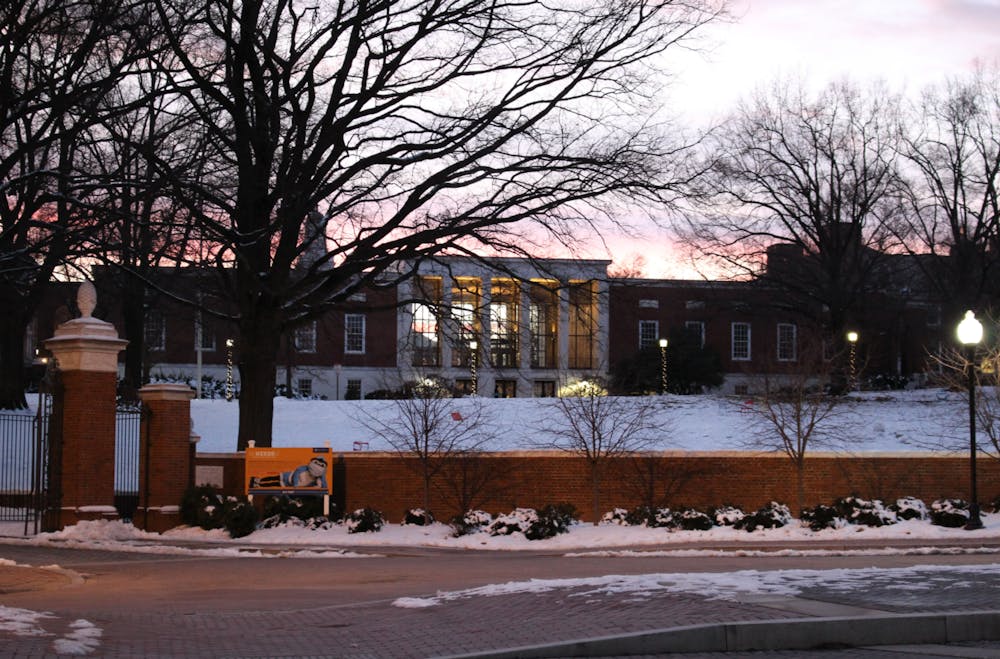Since the beginning of the pandemic, Asian Americans have been subject to physical and verbal attacks. The recent rise in hate crimes has raised further alarm in Asian Pacific Islander Desi American (APIDA) communities nationwide. On Tuesday, eight people, six of whom were Asian, were shot in spas near Atlanta.
Following these shootings, University President Ronald J. Daniels released a statement on March 18 condemning violent acts of racism.
This statement came after many members of the University’s APIDA community called for increased support from the administration.
Co-President Georgie D’Sanson of the Filipino Students Association described the statement as insufficient.
“It seems like the statement was aimed more toward people who aren’t part of the APIDA community, the way it’s worded,” she said. “It didn’t feel personal.”
In his email, Daniels promised University support of its APIDA community.
“We are committed to providing the support that will allow our Asian American and international students, faculty, and staff of Asian descent to thrive here at Johns Hopkins and in their pursuit of discovery in communities around the globe,” he wrote.
Daniels urged students who face discrimination to file reports through the Office of Institutional Equity. He also noted that faculty can access resources through MySupport and students can seek support at wellness.jhu.edu. Additionally, reports can be made through the Speak2Us hotline.
Previously, Vice Provost for Student Affairs Alanna Shanahan and Vice Provost and Chief Diversity Officer Katrina Caldwell voiced support for the APIDA community at Hopkins in a University-wide email on March 11.
“For all members of our community, we must work together to combat the xenophobia and racism in all its forms and against all people of color,” they wrote. “We hope you will educate yourselves on the issues and support efforts to help end such hate.”
Isabel Veloso, secretary of the Inter-Asian Council (IAC), also expressed her disappointment with the University’s response. Since the March 11 statement was released more than a month since the attacks began, she expected a more in-depth response.
According to Veloso, IAC is working with its advisors to set up a meeting with University officials to further voice the group’s concerns. She believes that there should be more healing circles where students can have conversations on these issues.
Karen Lancaster, the assistant vice president of external relations for the Office of Communications, also confirmed in an email to The News-Letter that Smita Ruzicka, dean of student life, and Caldwell has been working with student leaders to create an open space to address the issue.
Veloso asserted that, as a leading institution of higher education, the University has a responsibility to be proactive in responding to such injustice, especially since students of Asian descent make up a considerable proportion of the University’s population.
“It means a lot to the students when professors check in, all the more when it’s the University. There is a lot of impact,” she said. “It would show that Hopkins doesn’t just care about research; they care about their students as well.”
Michelle Limpe, a secretary of FSA and representative of IAC, is a News & Features Editor for The News-Letter. She did not contribute reporting, writing or editing to this article.





